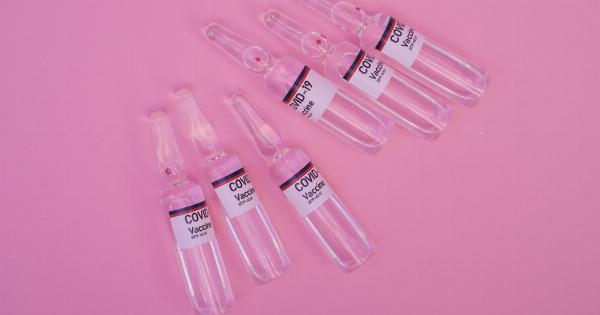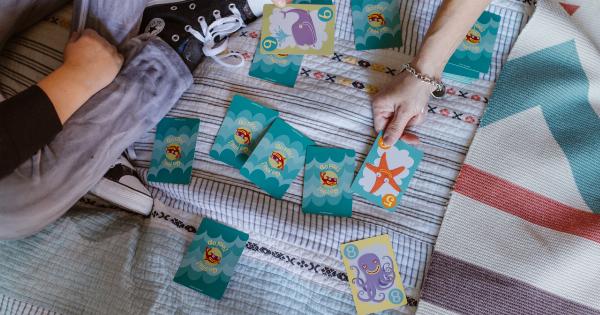Lending personal possessions can be a great way to help others and strengthen relationships. However, there are certain items that should never be loaned out due to their sentimental value, cost, or potential for damage.
In this article, we will explore five such possessions that should always be kept under lock and key.
Jewelry with Personal or Emotional Value
Jewelry holds deep emotional significance for many individuals. Whether it’s a family heirloom or a gift from a loved one, these pieces often carry sentimental value that cannot be replaced.
It is essential to avoid lending such items, as they are not only costly but irreplaceable in terms of their emotional worth.
Expensive Electronics
In today’s digital age, we rely heavily on electronics such as smartphones, laptops, and tablets. Due to their high cost and delicate nature, it is wise to refrain from lending these items.
Accidents happen, and even a small mishap can result in significant repairs or the need for a complete replacement.
Personal Identification Documents
Personal identification documents, including passports, social security cards, and driver’s licenses, should never be lent to anyone. These documents contain sensitive information that can be used for identity theft or other malicious activities.
It is crucial to keep such documents secure at all times.
Tools and Equipment
If you are skilled in a particular trade or enjoy DIY projects, you likely possess various tools and equipment. Lending these items might seem harmless, but it is essential to consider the potential for damage or misuse.
Tools can be expensive to replace, and improper handling could result in injuries or accidents.
Medication or Prescription Drugs
Your health and well-being should always take precedence. Lending medications or prescription drugs is not only illegal but also poses significant risks to the recipient.
Everyone’s health needs are unique, and sharing medication can have adverse effects, leading to serious complications. It is always best to consult a healthcare professional if someone requires medication.
The Importance of Setting Boundaries
While it is generous to lend items to others, it is crucial to know your limits and set boundaries. Clearly communicate with friends, family, or acquaintances regarding which possessions are off-limits for lending.
By doing so, you can maintain healthy relationships without putting your personal belongings at risk.
Protecting Your Valuables
There are several steps you can take to protect your valuable possessions:.
1. Invest in a Safe
A safe is a secure way to store your jewelry, important documents, and any other small items of value. Look for safes that are fireproof and have advanced security features, such as electronic locks or biometric access.
2. Purchase Insurance
Consider insuring your valuable possessions, especially if they hold significant monetary value. This can provide peace of mind knowing that you will be financially compensated in case of loss, theft, or damage.
3. Keep an Inventory
Keep a detailed inventory of your valuable possessions, including photographs, descriptions, and appraisals if applicable. This documentation will be incredibly helpful in the event of an insurance claim or if any items are stolen.
4. Install Security Systems
Invest in a reliable security system for your home or apartment. This can include alarm systems, surveillance cameras, and motion sensors, which can deter potential thieves and safeguard your belongings.
5. Be Discerning in Your Relationships
Lastly, it’s essential to be discerning in your relationships and trust those whom you lend your possessions to. Understand the responsible nature and respect for personal belongings of the person borrowing the item.
Sometimes, it is best to decline lending if you have any doubts about the person’s reliability.
Conclusion
While lending personal possessions can be a positive gesture, there are certain belongings that should never be loaned due to their value, sentimentality, or potential for misuse.
Items such as jewelry with emotional significance, expensive electronics, personal identification documents, tools and equipment, and medication or prescription drugs should always remain within your control. By setting boundaries and taking measures to protect your valuables, you can ensure their safety while maintaining strong relationships with your friends and family.































